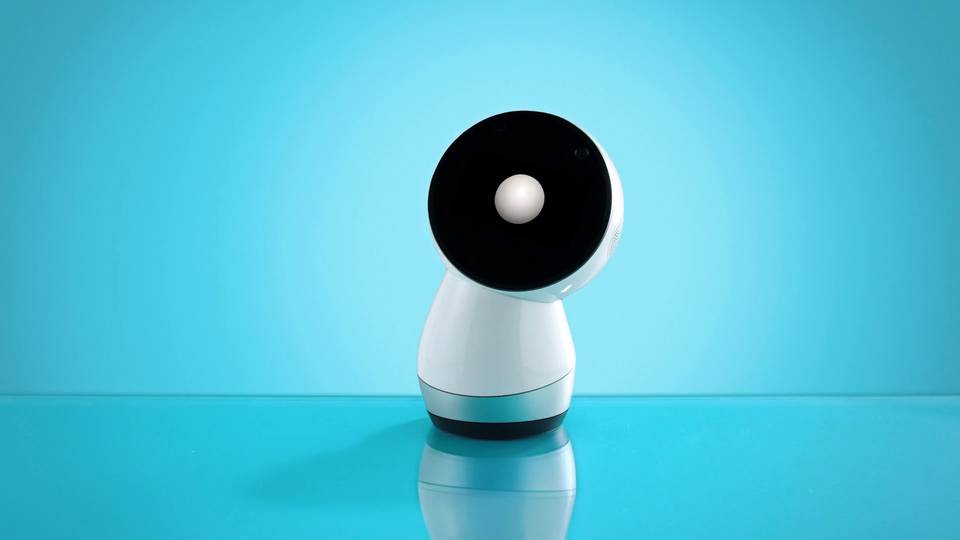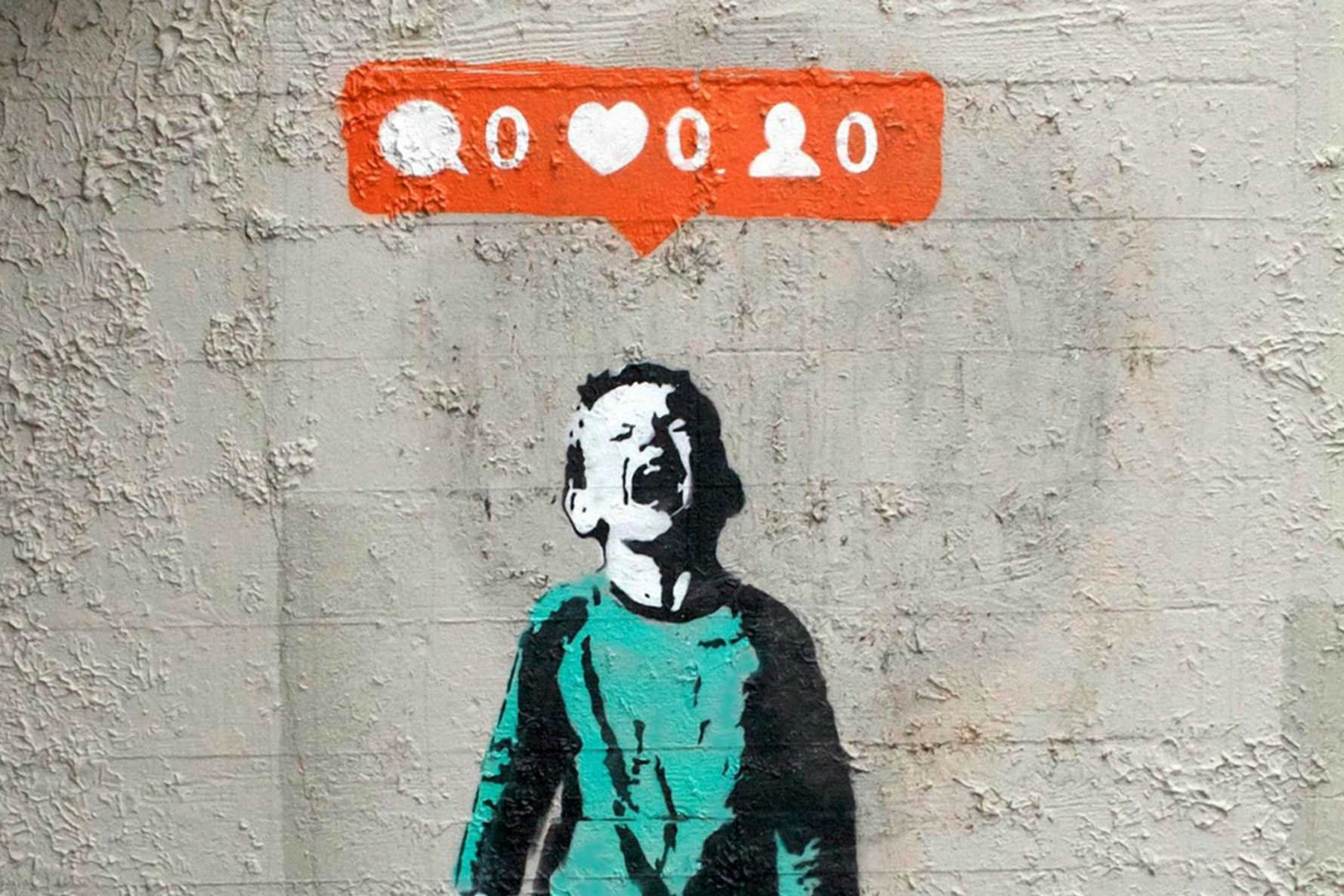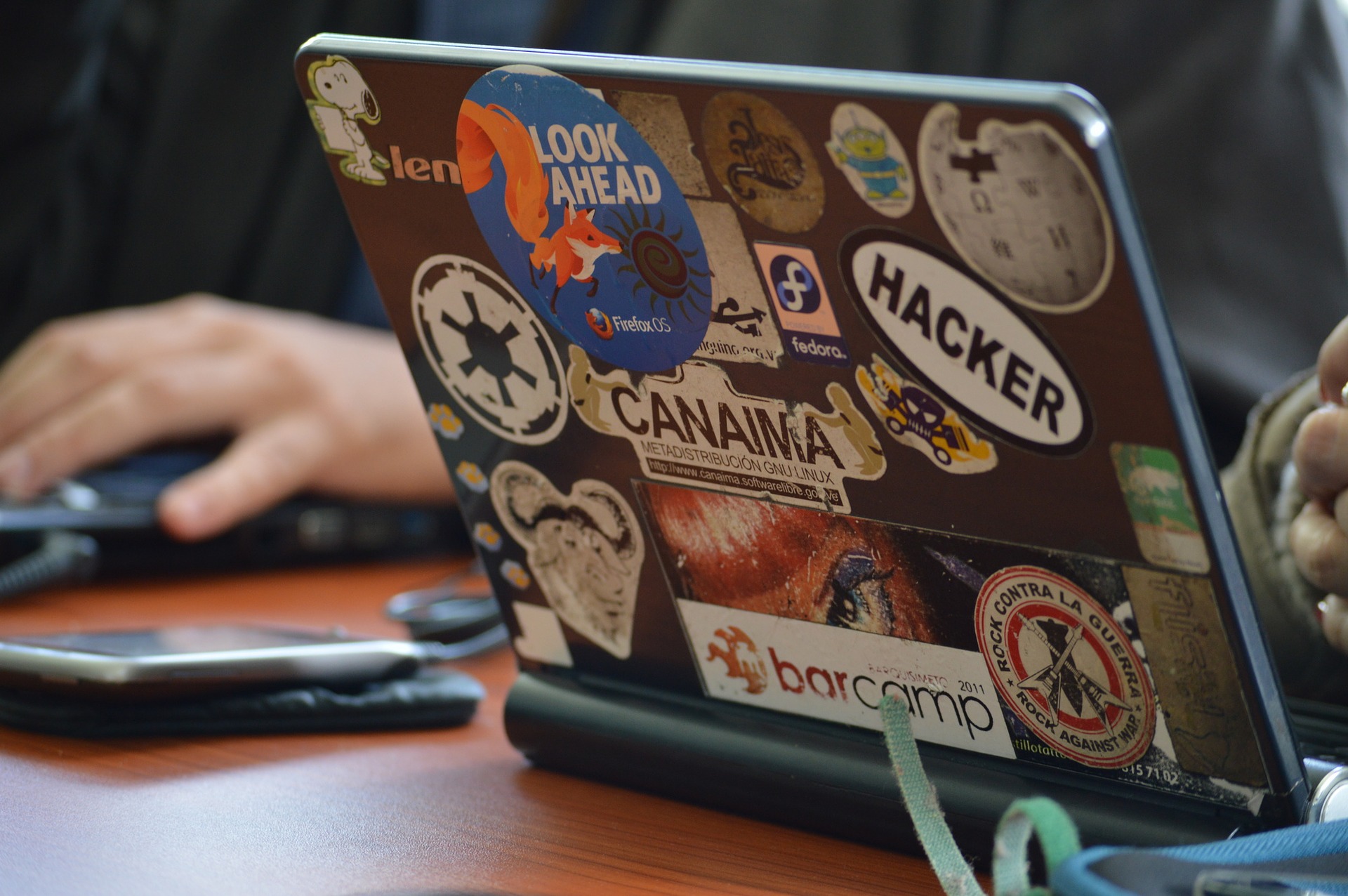“The creation of a successful status game is so mysterious that it often smacks of alchemy. For that reason, entrepreneurs who succeed in this space are thought of us a sort of shaman, perhaps because most investors are middle-aged white men who are already so high status they haven’t the first idea why people would seek virtual status (more on that later).”
“How is a new social network analogous to an ICO?
1. Each new social network issues a new form of social capital, a token.
2. You must show proof of work to earn the token.
3. Over time it becomes harder and harder to mine new tokens on each social network, creating built-in scarcity.
4. Many people, especially older folks, scoff at both social networks and cryptocurrencies. ”
“Read Twitter today and hardly any of the tweets are the mundane life updates of its awkward pre-puberty years. We are now in late-stage performative Twitter, where nearly every tweet is hungry as hell for favorites and retweets, and everyone is a trained pundit or comedian.”
“Thirst for status is potential energy. It is the lifeblood of a Status as a Service business. To succeed at carving out unique space in the market, social networks offer their own unique form of status token, earned through some distinctive proof of work.”
“If a person posts something interesting to a platform, how quickly do they gain likes and comments and reactions and followers? The second tenet is that people seek out the most efficient path to maximize their social capital. To do so, they must have a sense for how different strategies vary in effectiveness. Most humans seem to excel at this.”
“By merging all updates from all the accounts you followed into a single continuous surface and having that serve as the default screen, Facebook News Feed simultaneously increased the efficiency of distribution of new posts and pitted all such posts against each other in what was effectively a single giant attention arena, complete with live updating scoreboards on each post. ”
“It’s difficult to overstate what a momentous sea change it was for hundreds of millions, and eventually billions, of humans who had grown up competing for status in small tribes, to suddenly be dropped into a talent show competing against EVERY PERSON THEY HAD EVER MET.”
“Remember, status derives value from some type of scarcity. What is the one fundamental scarcity in the age of abundance? User attention. The launch of an algorithmic feed raises the stakes of the social media game.”
“One of the common traps is the winner’s curse for social media. If a social network achieves enough success, it grows to a size that requires the imposition of an algorithmic feed in order to maintain high signal-to-noise for most of its users. It’s akin to the Fed trying to manage inflation by raising interest rates.”
“Social network effects are different. If you’ve lived in New York City, you’ve likely seen, over and over, night clubs which are so hot for months suddenly go out of business just a short while later. Many types of social capital have qualities which render them fragile. Status relies on coordinated consensus to define the scarcity that determines its value. Consensus can shift in an instant. Recall the friend in Swingers, who, at every crowded LA party, quips, “This place is dead anyway.” Or recall the wise words of noted sociologist Groucho Marx: “I don’t care to belong to any club that will have me as a member.””
“Many will say, especially Snapchat itself, that it has been the anti-Facebook all along. Because it has no likes, it liberates people from destructive status games. To believe that is to underestimate the ingenuity of humanity in its ability to weaponize any network for status games.”
“Video games illuminate the proof of work cycle better than almost any category, it is the drosophila of this type of analysis given its rapid life cycle and overt skill-versus-reward tradeoffs. Why is it, for example, that big hit games tend to have a life cycle of about 18 months?”
“A franchise like, say, Call of Duty, learns to manage this cycle by investing hundreds of millions of dollars to issue a new version of the game every regularly. Each game offers familiarity but a new set of levels and challenges and environments. It’s the circle of life.”
It is interesting he does not mention Fortnite. Fornite is breaking convention by continuously reinventing itself. They have seasons which form a cadence to introduce new elements to the game to keep it fresh. They took the best elements of games like Clash of Clans and Clash Royale and iterate on it. I think Fortnite is potentially a great example of a new type of social network. Time will tell if Epic Games can keep it up and for how long.
The quotes above do not do the essay justice. If you are interested, I encourage to read it.





